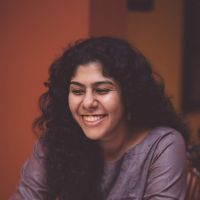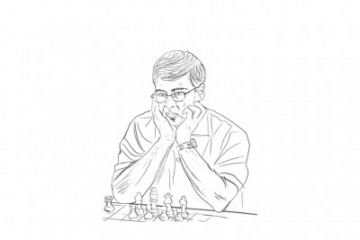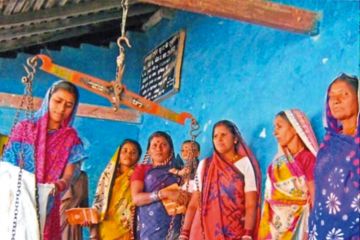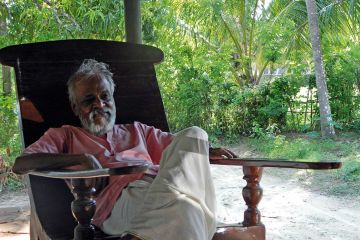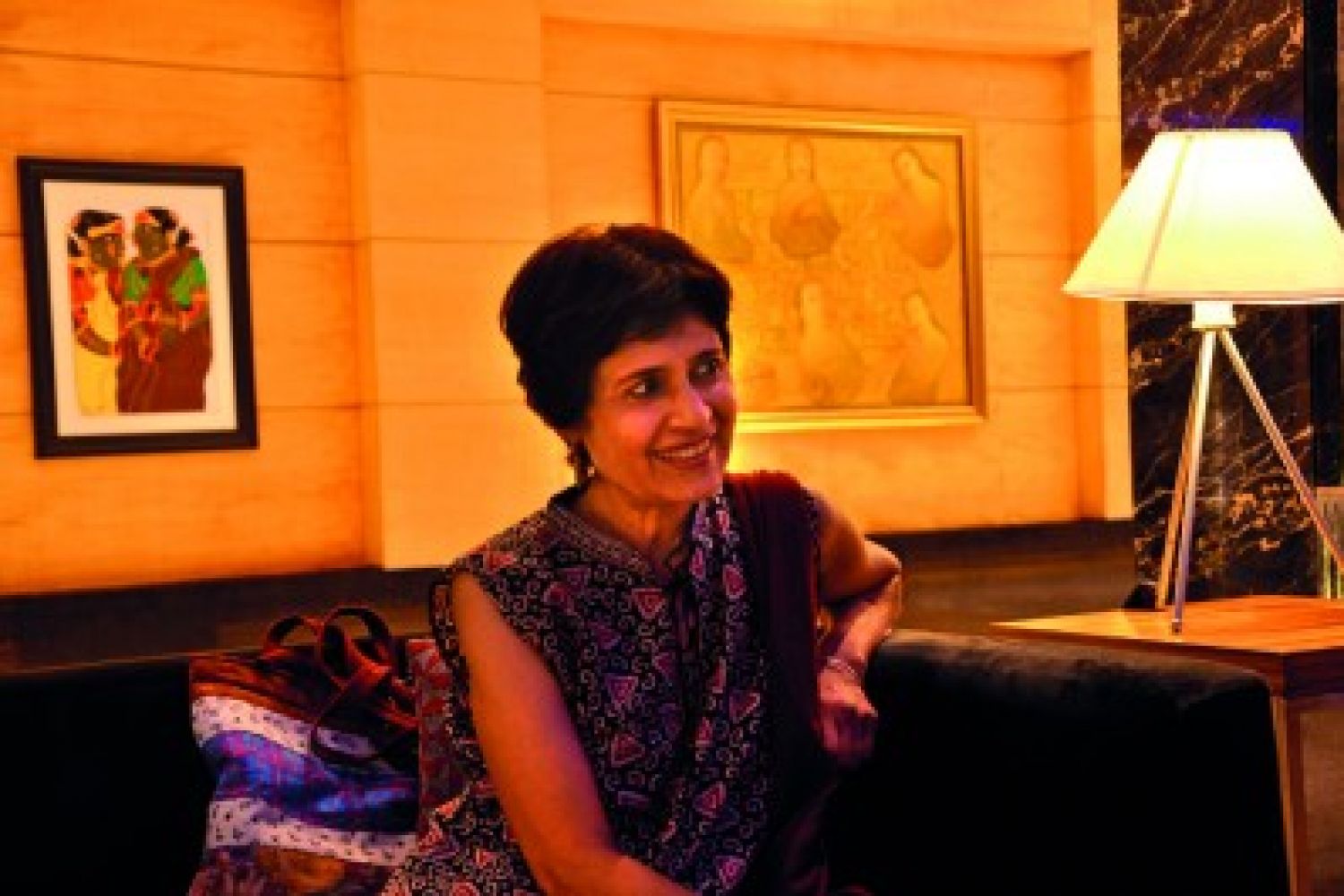
Dr Kavery Nambisan has the sort of résumé that could give anyone a complex: she
topped medical college in surgery, was sponsored by the University of Liverpool
for higher training, came back to India to write a bestselling novel, followed
it up with several more, got shortlisted for the Man Asian Literary Prize, and tirelessly
ran rural hospitals in Bihar, Uttar Pradesh, Tamil Nadu, and Karnataka.
My first encounter
with her (except for some fan-girl gushing at a literary fest about how

